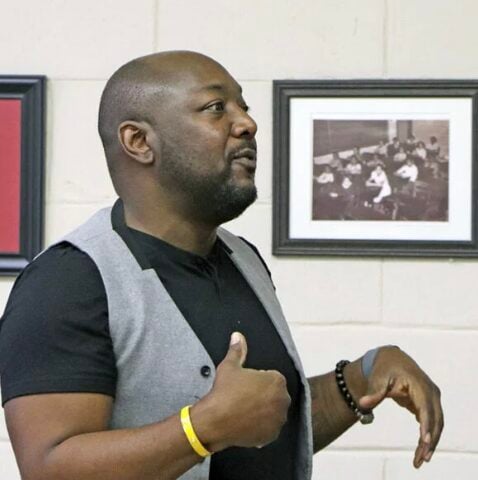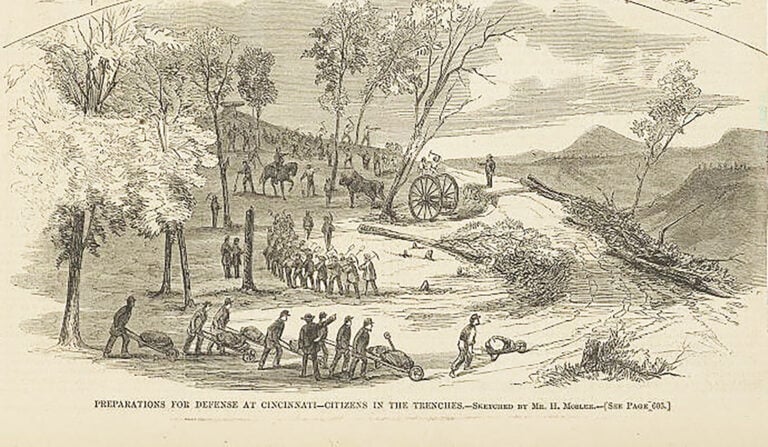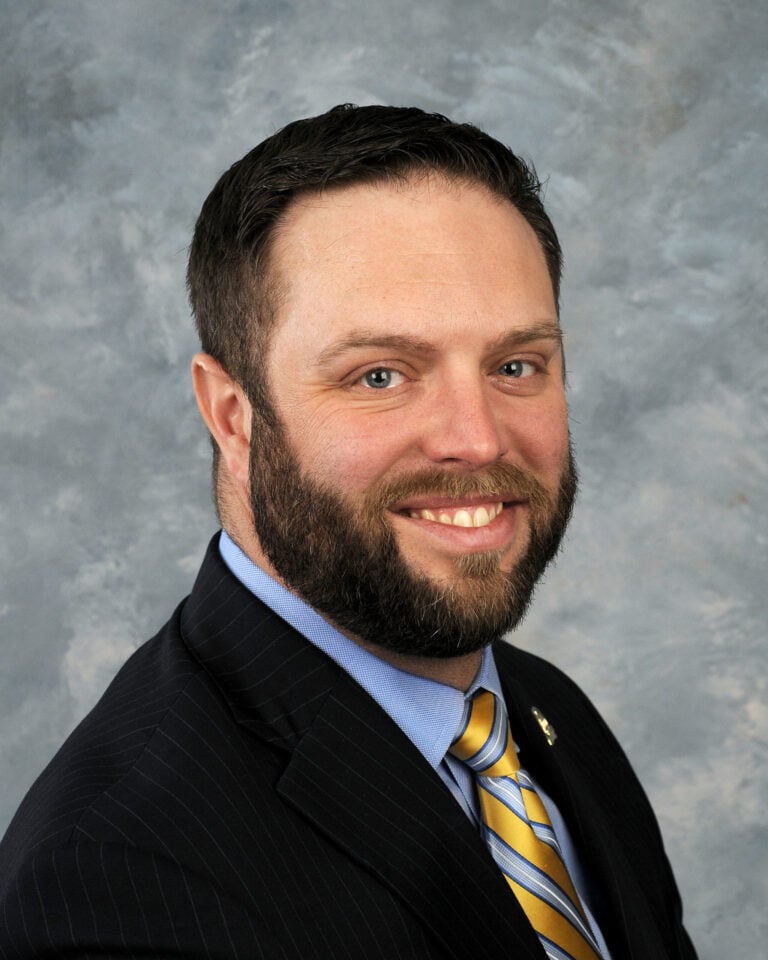Local option sales tax clears House committee
A House committee has approved a proposed local option sales tax constitutional amendment that, if approved by the state’s voters, could help cities and counties fund local building and infrastructure projects.
House Bill 1, sponsored by House Speaker Greg Stumbo, D-Prestonsburg, and House Minority Leader Jeff Hoover, R-Jamestown, was approved this morning by the House Elections, Constitutional Amendments and Intergovernmental Affairs Committee. It now goes to the full House for consideration.
If passed, the bill would place a constitutional amendment on a statewide ballot allowing state lawmakers to give local governments the power to levy up to a penny of local option sales and use tax for specific projects with local voter approval. The tax would be eliminated when the project is paid off.
“It’s fairly simple,” said Stumbo. “It allows local people to choose whether they want to be taxed. It allows them to make the decision and dedicate the funding sources to a particular project. When the bonds are satisfied then that particular tax goes away.”
Thirty-seven states currently allow local governments to use a local option sales tax for local projects, according to HB 1 cosponsor Rep. Tommy Thompson, D-Owensboro.
Rep. Mark Harmon, R-Danville, who has filed a couple of floor amendments to HB 1, questioned language in the legislation that would allow any “residual payments” collected by local governments from the local option sales tax after the levy expires to be used for maintenance of the project.
“To me, that sounds like a clause that says this tax never ends,” said Harmon.
Louisville Mayor Greg Fischer’s representative Sara Massey said the tax would be temporary and that language in the legislation that Harmon questioned deals with late collections coming into local governments after the levy has expired. The funds would not be allowed to go into the state General Fund, according to the proposal.
Fischer – a supporter of the tax option, known in Kentucky as LIFT (Local Investments in Transformation)—said revenue tools available to local governments in the state today are fairly limited.
“As we looked around the country, we saw these (options) were very popular,” he said.
Colorectal screening bill goes to Senate
The House voted 66-29 to require health plans to cover complete colorectal cancer screenings and lab tests without deductible or coinsurance costs if performed by participating health providers.
House Bill 69, sponsored by House Health and Welfare Chairman Tom Burch, D-Louisville, would apply to health benefit plans issued or renewed as of Jan. 1, 2016, that cover individuals who are age 50 or older or under age 50 with a “high risk for colorectal cancer,” per American Cancer Society guidelines.
“Screening is a low cost alternative to colonoscopy with a follow-up colonoscopy only needed if indicated. However, some people are being charged copays for the follow-up colonoscopy,” which can lead to huge bills for preventative screening, said Burch. His bill, he said, specifies that plans are required to cover the “complete” colorectal exams without additional costs.
Rep. Robert Benvenuti, R-Lexington, questioned why the legislation—which will increase “the total cost of health care in the Commonwealth,” according to a financial impact statement attached to the bill—applies only to private health plans and not the state employee health plan.
“If this is good public policy, then it should apply not only to private health care plans but to the state employee plan as well,” he said. “If the science supports this bill, and if it’s (in your all’s opinion) good to impost an additional covered requirement on insurance companies which you know will raise to some extent premiums, then it ought to be good enough for our state employee plan.”
Benvenuti wanted the House to consider a floor amendment to address that issue, but his motion to suspend the rules to consider the amendment failed on a 45-45 vote.
Rep. Mary Lou Marzian, D-Louisville, who is a nurse, said screening colonoscopies are considered an “essential benefit” under the Affordable Care Act, or Obamacare, and delivered to patients without deductible or coinsurance costs to patients. There is often an additional cost, however, if a polyp is found and removed.
“Often it is coded incorrectly and you may get an $800 bill for that,” said Marzian. “So the issue is the (screening) is covered and, if a polyp is removed, that should also be covered, is what the physicians testified is what is happening.”
HB 69 now goes to the Senate for its consideration.
The Kentucky Legislature Home Page, www.lrc.ky.gov, provides information on each of Kentucky’s senators and representatives, including phone numbers, addressees and committee assignments. The site also provides bill texts, a bill-tracking service, and committee meeting schedules.
To leave a message for any legislator, call the General Assembly’s Message Line at 800-372-7181. People with hearing difficulties may leave messages for lawmakers by calling the TTY Message Line at 800-896-0305.
You may also write any legislator by sending a letter with the lawmaker’s name to: Capitol Annex, 702 Capitol Avenue, Frankfort, Kentucky 40601.
From Legislative Research Commission


















